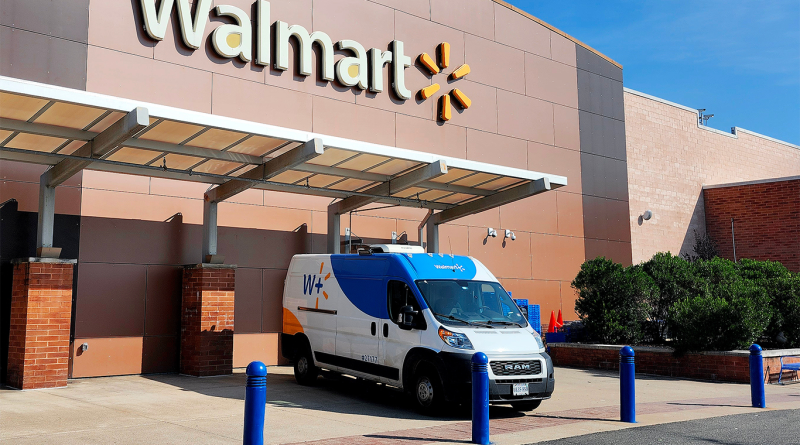Walmart Faces Legal Battle over Last-Mile Driver Compensation Practices
Walmart, the largest retailer in the world, finds itself at the center of a legal battle that could have wide-reaching implications for the gig economy. The Consumer Financial Protection Bureau (CFPB) has filed a lawsuit against Walmart and its payment partner, Branch Messenger, alleging unlawful practices in the compensation of last-mile delivery drivers in Walmart’s Spark Driver program. The allegations include unauthorized account creation, forced use of high-fee payment systems, and misleading practices about accessing funds.
The allegations against Walmart and Branch Messenger
The CFPB has accused Walmart and Branch Messenger of engaging in practices that exploited delivery drivers in the Spark Driver program. Among the key allegations are:
Unauthorized account creation: Walmart and Branch allegedly created deposit accounts without driver consent. Using personal information such as Social Security numbers, the companies opened accounts, forcing drivers to accept Branch’s terms to access their earnings.
Mandatory use of high-fee accounts: According to the CFPB, drivers were required to use Branch accounts to receive payments. Those who did not comply reportedly faced threats of termination. These accounts imposed significant fees, leading drivers to incur over $10 million in costs collectively.
Misleading fund access practices: Drivers were promised immediate access to their earnings but often encountered delays and fees when transferring funds to personal accounts, according to the CFPB.
CFPB Director Rohit Chopra said, “Walmart made false promises, illegally opened accounts, and took advantage of more than a million delivery drivers.” These practices, the CFPB argues, violate workers’ rights and undermine fair compensation principles.
Walmart and Branch Messenger’s response
Walmart has denied the allegations, calling the CFPB’s lawsuit ‘rushed’ and ‘factually inaccurate.’ The company has expressed its intent to defend itself vigorously in court.
Branch Messenger, which facilitates payment processing for the Spark Driver program, also rejected the claims. The company insists its platform was designed to offer convenience and rapid access to funds, countering accusations of misconduct.
The Walmart lawsuit shines a spotlight on systemic issues affecting gig economy workers. As independent contractors, delivery drivers often lack access to fair labor protections, leaving them vulnerable to high fees and opaque payment systems.
This case has brought attention to the financial hurdles faced by gig workers, such as delayed payments, mandatory accounts, and unnecessary costs. Regulators and labor advocates argue that such practices demand stricter oversight to ensure transparency and fairness.
The road ahead for Walmart and gig economy regulations
The lawsuit’s outcome could reshape gig economy practices, particularly in how companies manage worker compensation. If Walmart and Branch Messenger are found liable, they could face financial penalties and mandatory operational changes to address the allegations.
For Walmart, the stakes are high. The retail giant risks damaging its reputation among delivery drivers and consumers as it continues expanding its last-mile delivery services. Maintaining trust will be critical for sustaining its logistical operations in a competitive market.
At an industry level, the case may spur legislative changes, such as limiting the fees associated with third-party payment platforms and mandating more transparent payroll processes. These potential changes would not only protect gig workers but also provide clearer guidelines for employers navigating the evolving labor landscape.
Sources:
To keep up-to-date with our latest retail sector news, subscribe to our newsletter today.
